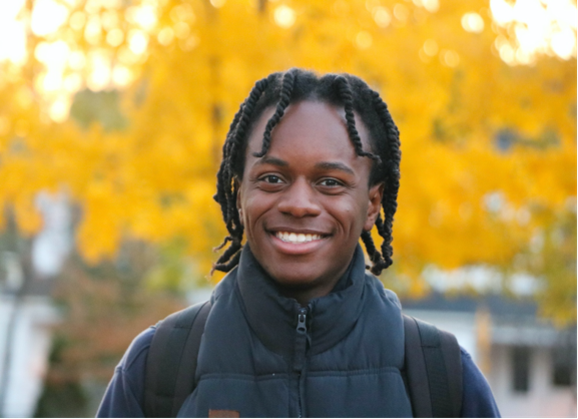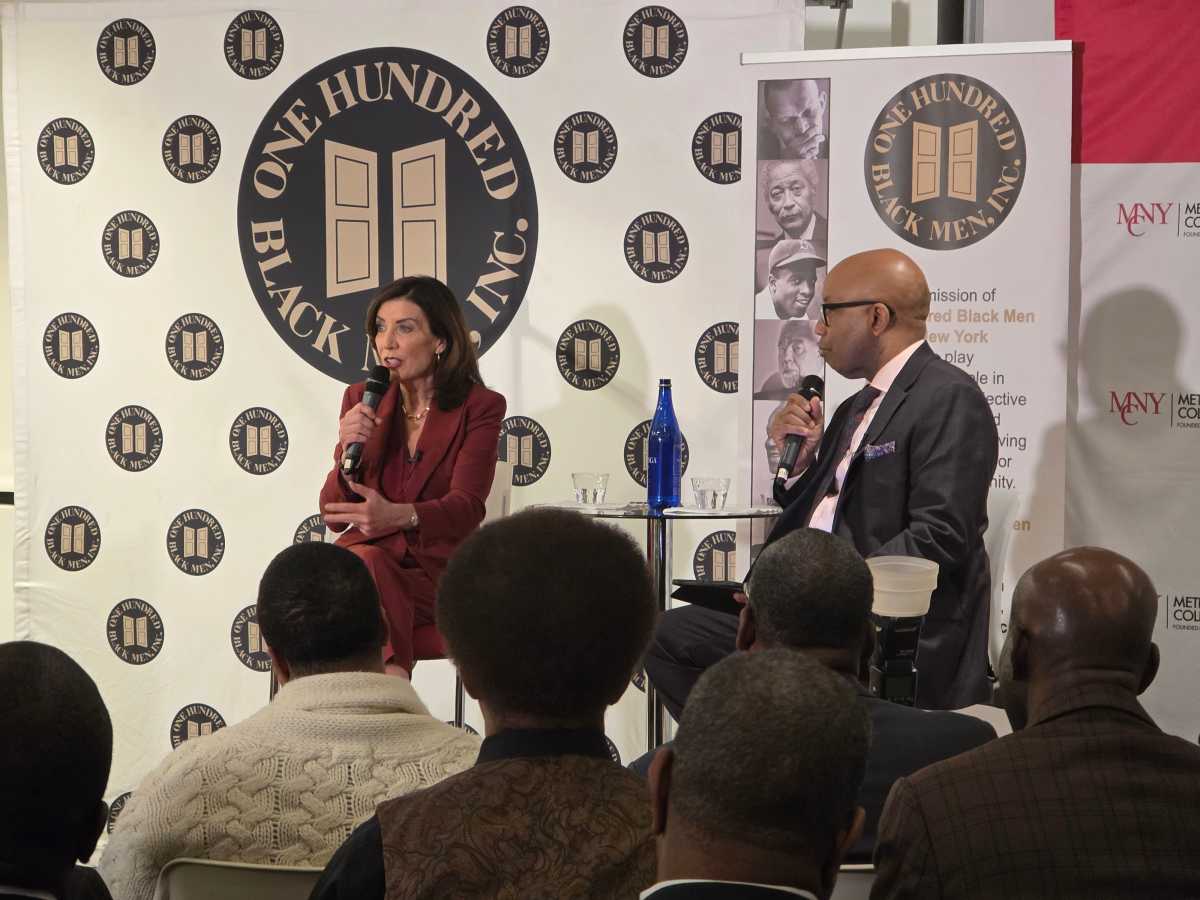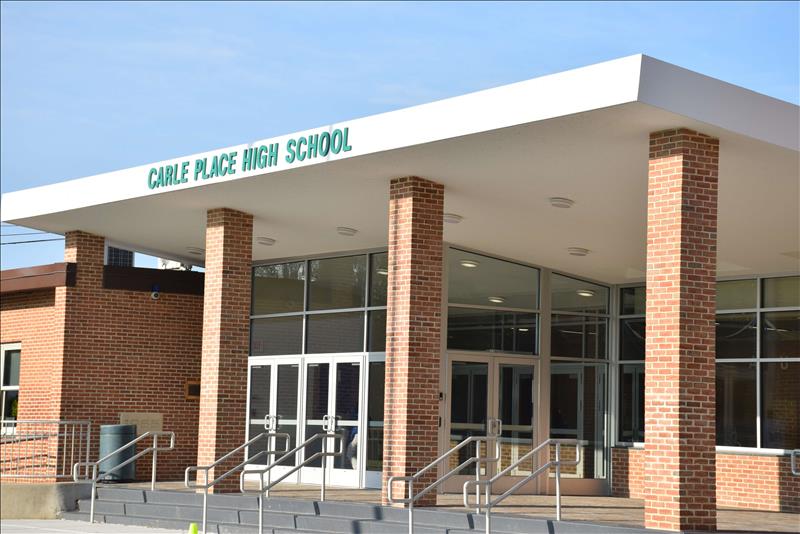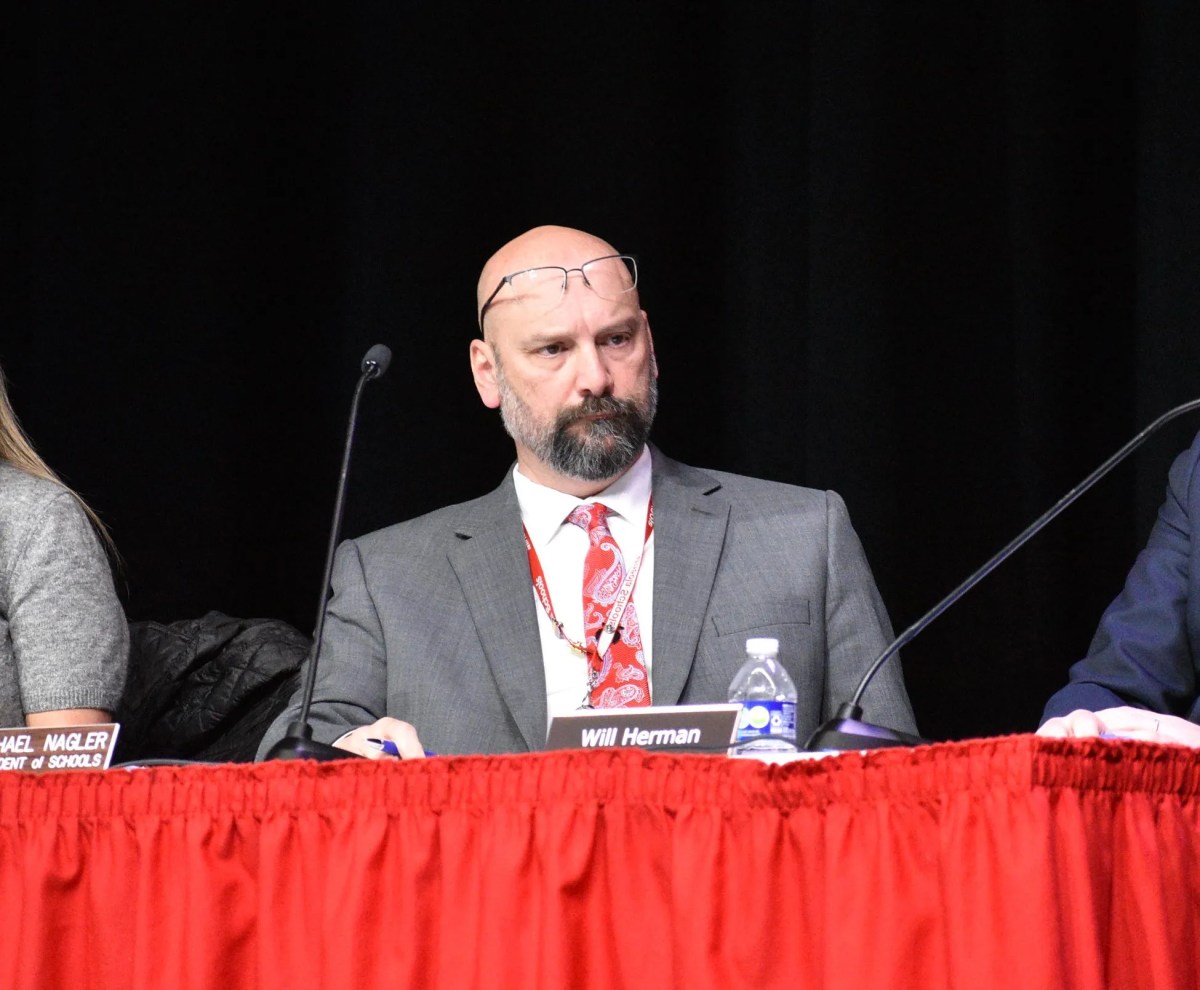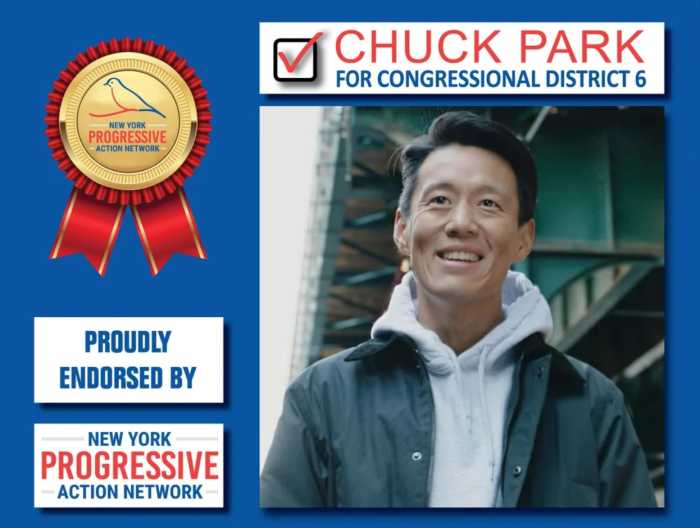Josh Redd’s first experience at an Uncommon School was as a 10-year-old going into 5th grade in Brooklyn. After graduating from an Uncommon high school and serving during college as a summer camp counselor for Uncommon students, he decided that education was his calling.
This summer, he came back to Uncommon, to participate in a program that prepared him to become a teacher once he graduates from Bates College next year.
Redd originally wanted to be a doctor, but through his summer camp experience being surrounded by students eager to learn, he realized he wanted to “be part of something” and to serve students in the community he grew up in. “We need more Black male educators,” Redd said. His experience teaching this summer cemented that resolve and he’s eager to come back as a full-time teacher next year.
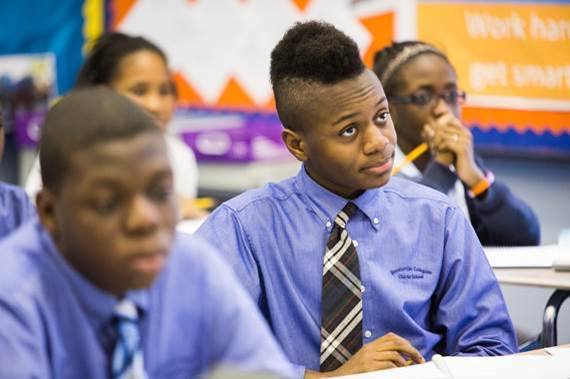
The program, called the Summer Teaching Fellowship, was created to identify and train young people from across the country who are interested in becoming teachers. Uncommon attracts rising seniors who apply to work as teachers in the summer before their senior year of college. The vast majority of the Fellows are young people of color.
Because of this year’s pandemic, Uncommon decided to continue to hold the program–usually located inside schools–but move it into an online-only version in everyone’s kitchens and living rooms. Nearly 140 rising college seniors joined this summer’s program, including nine Uncommon alumni like Redd.
Dozens of teachers at Uncommon got their start through the program, which underscores the organization’s commitment to increasing teacher diversity in its classrooms. Nearly 60% of Uncommon School’s teachers are people of color, nearly three times the national average in U.S. public schools. Uncommon Schools principals have written about the proven positive impact teachers of color can have on students.
Over 80% of the college students participating in Uncommon’s summer program this year identify as people of color, and 25% are young men.
Uncommon serves almost 9,000 students in Brooklyn in 24 schools serving grades K through 12. The mission of Uncommon Schools is to ensure its students get into, succeed in and graduate from college. The college graduation rate of Uncommon Schools alumni is over 50%, nearly five times the average college graduation rate for students from similar communities.
Much of the summer was spent learning about what it’s like to teach at a high performing school, gaining teacher skills and putting those new skills into practice, albeit online. Some of the Fellows were able to work directly with students under the supervision of master teachers. Every Fellow had a mentor to work closely with.
Redd admits that he was disappointed when the program went virtual and thought it might be less engaging. But “it didn’t even feel like we were virtual. It feels like we’re in person, smiling at each other, shaking each other’s hands,” he said. “I think that it’s so much great energy, such an amazing culture. It reflects everything we talk about for our kids. The type of environment we want our scholars to have.”
Amid the pandemic, this summer was also marked by the horrific murder of George Floyd, and the aftermath of protests across the nation over his death. Uncommon Schools decided to shut down for a day in order for its students and staff to process the death of Floyd as well as those of other Black people including Breonna Taylor and Ahmaud Arbery. Uncommon Schools teachers used the day off to reflect or take on personal projects, and one group of teachers organized a protest march through Brooklyn.
And, at a time of unprecedented focus on race and what it means to be Black in America, organizations across the country – as well as schools and school systems – have been scrutinizing their own roles and responsibilities around racism.
Redd and other Fellows who are graduates of Uncommon Schools have a unique perspective and Redd feels he is able to bring to his role as a teacher the knowledge of what worked for him as a student and what didn’t work.
“I vehemently believe that Uncommon is a place that recognizes the importance of all of its students and their learning, but we still have so much work to do and I am excited to be a part of that change,” Redd said, referring to Uncommon’s Diversity, Equity and Inclusion Action Plan.
“[As a student,] I had to figure out why I wanted to be at Uncommon. Uncommon is one of the only places where you’re encouraged to be so self-reflective and think about why you want to be here,” Redd said. And now, “I am excited to be the change that I seek.”
Redd is looking forward to coming back as a full-time teacher in an Uncommon School next year after he graduates. He already sees his path. “My end goal is to be a principal at an elementary school in Brooklyn.”


